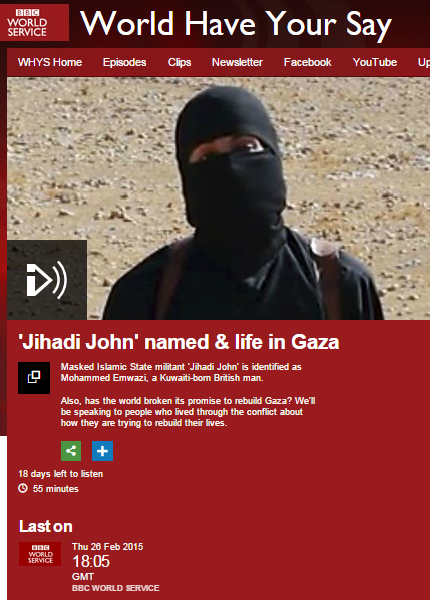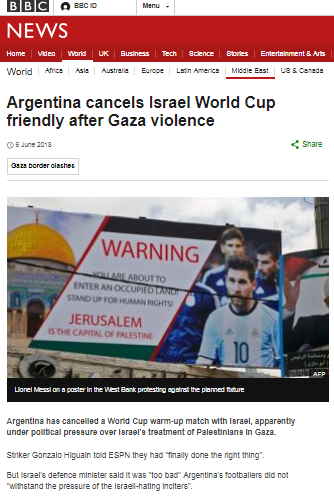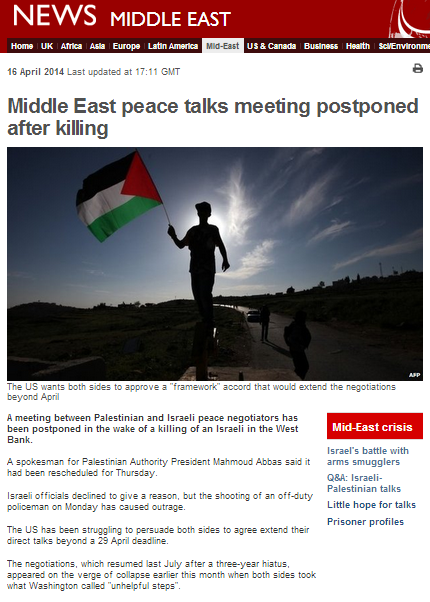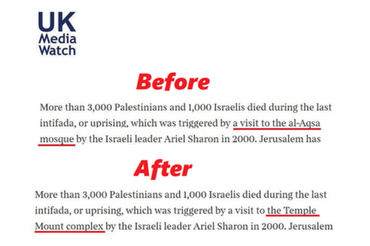At around 5pm on January 25th, two terrorists armed with knives and IEDs infiltrated the village of Beit Horon, situated just off Highway 443.
“Two terrorists stabbed two women and planted home-made bombs outside a grocery store at the settlement of Beit Horon on Monday afternoon. A security guard shot and killed both of the attackers.
Security forces found three home-made bombs in the vicinity of the store, apparently planted there by the terrorists, and a bomb squad was called to the scene to neutralize them.
According to Motti Shalem, who worked at the grocery store at the time of the attack, “the two terrorists came from the direction of the fence, and must’ve breached it and got in. Then they stabbed a woman on the sidewalk, and another at the parking lot, and then tried to enter the store. Me and another guy pushed them back with a supermarket cart, and then they ran, and were shot by the security guard.””
Medical staff were unable to save the more seriously wounded woman, 23 year-old Shlomit Krigman, who died several hours later.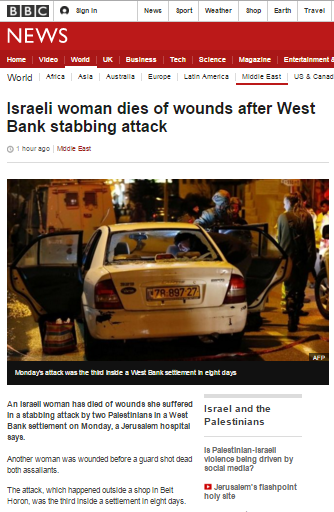
The first reporting in English of that terror attack appeared on the BBC News website’s Middle East page some 19 hours after it took place in a January 26th article titled “Israeli woman dies of wounds after West Bank stabbing attack“. The story was however covered on the day it happened in Arabic.
“An Israeli woman has died of wounds she suffered in a stabbing attack by two Palestinians in a West Bank settlement on Monday, a Jerusalem hospital says.
Another woman was wounded before a guard shot dead both assailants.
The attack, which happened outside a shop in Beit Horon, was the third inside a settlement in eight days.”
The report continues the ongoing policy of qualifying information given as background to the story.
“Since October, 28 Israelis have been killed in stabbing, shooting or car-ramming attacks by Palestinians or Israeli Arabs.
More than 155 Palestinians – mostly attackers, Israel says – have also been killed in that period.” [emphasis added]
As ever, the words ‘terror’, ‘terrorists’ or ‘terrorism’ do not appear at all throughout the article and the incident’s perpetrators are described as “assailants” and “attackers”.
Although the information was available by the time this report was published, the victim is not named, no personalizing details are given and her photograph does not appear.
Another piece of information which was in the public domain by the time the BBC got round to reporting this incident was the ‘martyrdom poster’ for one of the two terrorists produced by the Fatah movement – which is of course headed by the Palestinian Authority president Mahmoud Abbas.
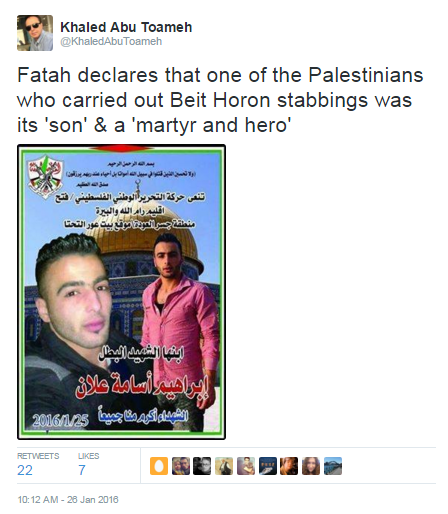
Whilst the BBC ignored that aspect of the story, in a link offered together with this article (worded “What is driving the violence?”) it did promote a very problematic article originally published last October.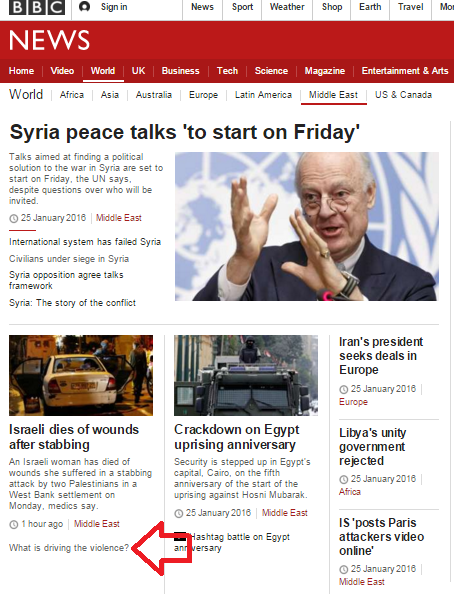
Recently, Fatah’s armed wing claimed responsibility for a drive-by shooting attack (unreported by the BBC) which took place near Dolev on January 24th. During questioning, the terrorist arrested on suspicion of the murder of Dafna Meir in Otniel on January 17th told investigators that he was influenced by content appearing on Palestinian Authority television.
As readers will no doubt be aware, in recent months the BBC News website has repeatedly supplied its readers with ‘context’ along the following lines (for example here, here and here):
“Israel says Palestinian incitement has fuelled the attacks. The Palestinian leadership has blamed frustration rooted in decades of Israeli occupation.”
Whilst promoting that mantra, BBC News has for the past four months studiously avoided any serious reporting on the topic of incitement in general and that produced by the “Palestinian leadership” in particular.
The result of that passive-aggressive editorial policy is that the BBC does not merely fail to meet its defined public purpose of enhancing audiences’ understanding of international issues by failing to provide them with available, relevant information: it is in fact actively preventing that legally binding remit from being fulfilled.

